The UK doesn’t want demonising rhetoric – it wants to end poverty
There have been some political statements that have demonised and divided people in the past week. It’s absolutely not what the UK public needs or wants.
There is, in fact, considerable consensus around poverty and economic justice in the UK. The country wants to tackle poverty, and inevitably a shared social security system must be a key part of that.
We know that:
- 88% of Brits want more to be done to tackle poverty. That’s a huge majority across the public.
- 81% of people have said the income gap was too wide, and 80% said it would be problematic if it widened further.
- 62% of people said the Government should act to reduce that gap.
- Only 4% of people want to see less Government support for disabled people who are unable to work.
The UK public are compassionate, and believe in justice. We believe in supporting people who have least money and least power.
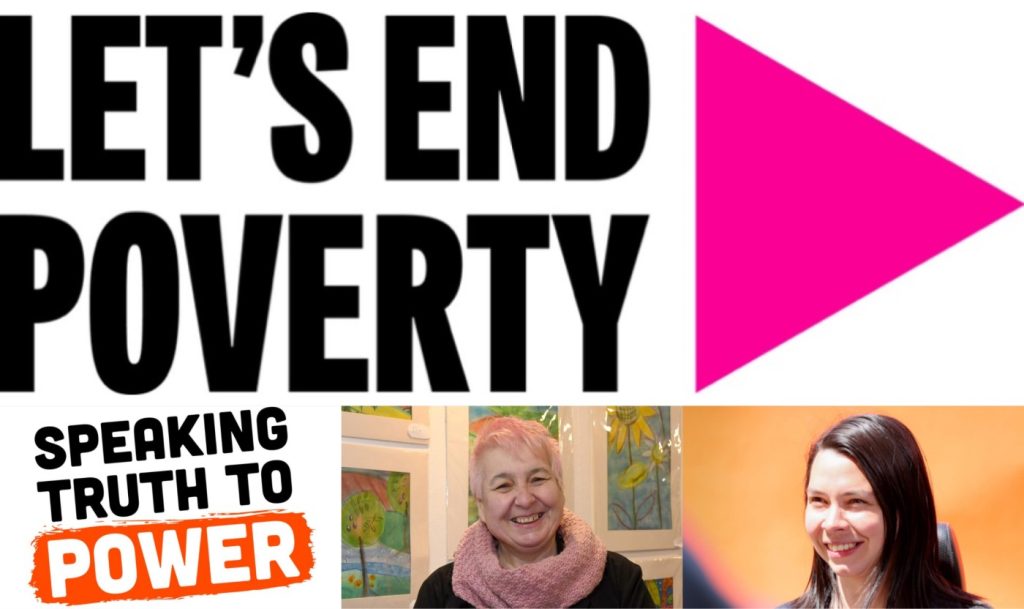
Therefore, announcements mooting harsher systems that jeopardise our shared social security and stoke discrimination need to be challenged.
The responses below are from members of the Speaking Truth To Power programme, after a series of Government suggestions, including asking non-medical staff to decide whether people were fit to work, instead of doctors, and changing the PIP system.
You’ll notice some recurring thoughts on the Government’s statements:
- There’s a lack of regard for lived-experience input
- There’s a lack of regard for the causes of ill health
- There’s a skewed use of stats
- Some of the ideas would be a waste of resources/time
- The approach is inhumane
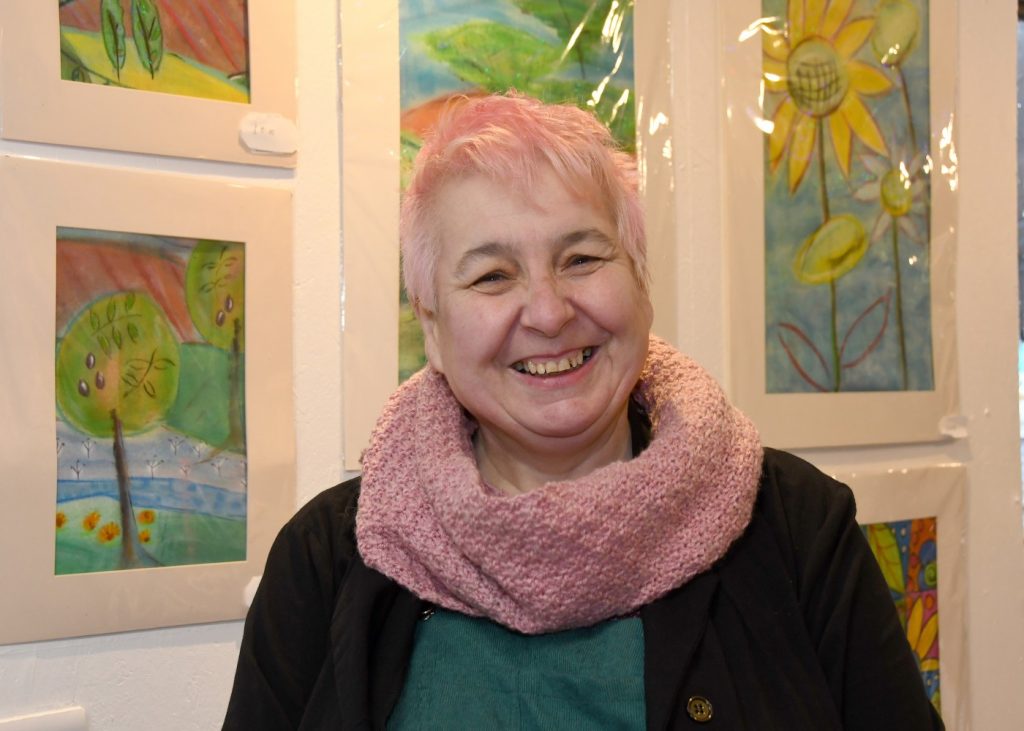
Mary
“Many people have pointed out that an election is coming so what he [the Prime Minister] has said is just hot air, or that it’s a red herring to divert attention from the Government stance or the situation in Palestine.
“Even if there might be some truth to these statements, the sad fact is that this rhetoric has far reaching consequence in that it adds to the unpleasant narrative that disabled people are a burden, there is an attendant rise in hate crime in such an environment.
“Also given that Labour seem to echo much of what the Conservatives spout, I hold little hope of this issue going away.
“For many disabled people, particularly those with invisible disabilities, not having their GP be able to write a sick note will make life impossible. They need the continuity, familiarity and understanding (prior knowledge) of them as a patient… especially those who may not be able to make their needs known.
“Travel to an assessment centre could prove to be both very difficult and expensive. I know that I need help to both plan and follow a journey, I rely heavily on taxi use. Public transport is not wheelchair or disabled friendly. There are times I just wouldn’t have the funds to pay to get to an assessment centre. For many people (myself included) undertaking this additional journey when already ill would leave them in additional pain or distress.
“Just a thought, given that the stress and worry of living in poverty causes mental health issues – can we revisit austerity policies spouted by both the Government and opposition? Can we make sure that our children go to school properly fed with nutritious food that quite literally feeds their brains?”
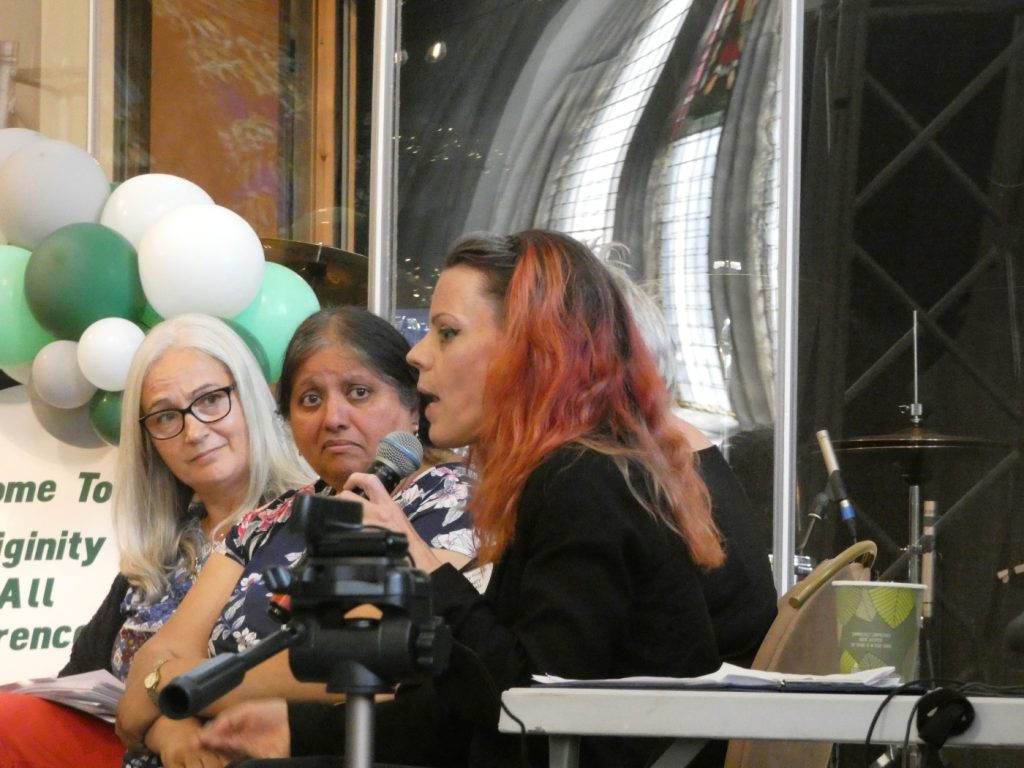
Sydnie
“It is possible that the increase in people having to take time off to recover, physically and mentally, corresponds with the increase of pressure on the NHS and education, workplace policies, lack of appreciation of skilled work, and underpaid work, which are fundamentally at a mentally damaging level.
“Jobcentre staff are not trained in neurodiversity; they are governed by stats and figures not sustainability, not working to gain the most out of an individual, not driven by long term success.”
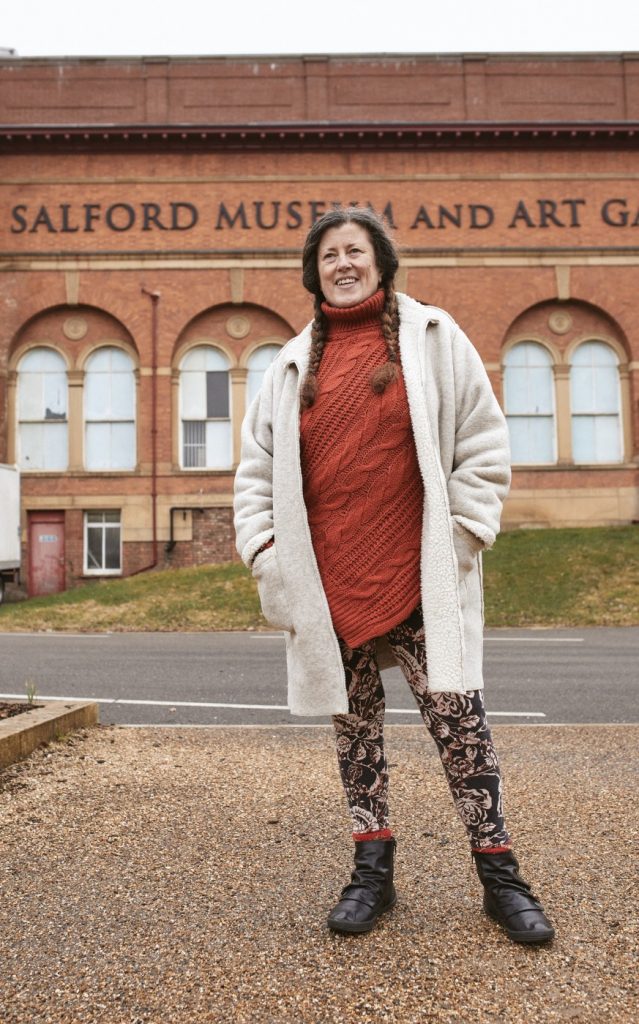
Jayne
Responding to sick note changes
- “When someone is depleted by illness or injury, they need easy access to the provider of sick note/sickness verification. Anything else can only be seen as placing undue obstacles in the individual’s path, which will harm the most depleted the most.
- “If someone has an infectious disease, especially something eg Chickenpox, Rubella, Measles,they should be actively DIScouraged from using public transport, going to crowded spaces, due to their risks to others, and upper respiratory infections such as Influenza & COVID put certain groups at greater risk
- “Sick notes can only be written effectively by a health professional who has access to the individual’s medical history and can therefore judge when issue X/Y/Z has a greater or lesser impact on the individual. It is preferable if that professional already has a clinical relationship with the patient. This is particularly relevant for claims such as PIP
- “A GP may already have some understanding re: workplace stress eg due to bullying, something the individual may be unable to put on record elsewhere at that time. It can be the difference between a person dropping out of employment, or staying.
- “We’ve seen how unfair “objective assessments” have been to those who are sick, especially those living with disabilities and/or long-term health conditions. People are marked as “able” to work, if they arrive with clean hair and clothes, or without an assistant on that day….even if their clothes were prepared for them and hair washed for them, and that rare effort to get to the centre knackers them for the whole of the next week.
“I have always advised friends NEVER to attend alone, and say there’s no need to be dishonest but tell the assessors about your worst day not your best, because it’s your worst days when you need the support. It is society that says you scrub up for an appointment, and the same society which glorifies the rich & famous, but disables you by giving you low priority! A truly civilized society would have that the opposite way round.
Responding to proposed increased use of ‘talking therapies’
“My personal opinion is it’s another con, by central Government and increasingly metro Governmnent, of the third sector and the person experiencing mental health issues/distress.
“People with funds will still buy their therapies in the private sector
“It is people like us, out here in a landscape of overstretched resources who will be kept further away from the therapy which suits us. Sure, we may gain some identification with others, which is fantastic if that’s what we need, but we will not experience a therapeutic clinical relationship, which is both enormously helpful for diagnosis, and will delve much deeper into background causes, trauma, and schemas developed in early childhood.”
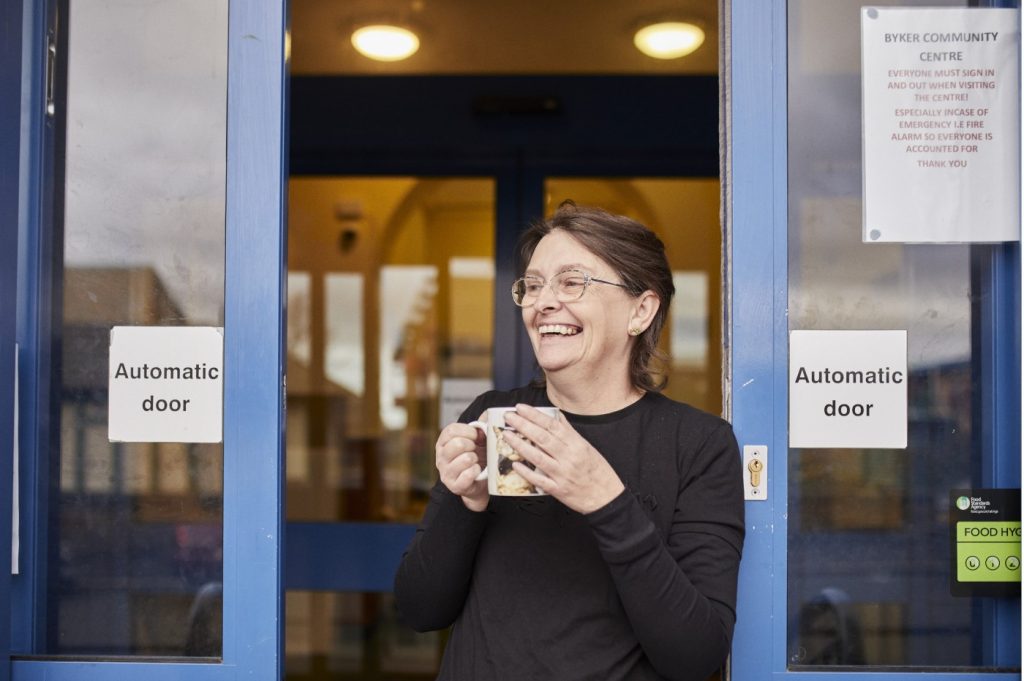
Penny
“What are they going to do next? It’s another money-cutting exercise. You now can’t be ill, you can’t get to see a doctor, you are penalised at every turn with this Government. There are people who would love to work but employers won’t employ them because they would have to miss work for appointments and have time off – but they can’t say that, because they will be had for discrimination.”

Stef
“It is a shame that the NHS has been undermined so that we no longer have continuity of care under the same GP. I’ve had three appointments in recent weeks, each with a different GP. The ability of any one of these GPs to write me a sick note is limited compared to previous years when I’ve been able to see the same GP repeatedly.
“Of course, when it’s a short sick note for something easily resolved, not having continuity of care is less important. But as soon as it becomes more than a few days, it’s important to have that continuity of healthcare. And no-one wants to have to see two people whenever they’re ill; one for their health, and one for their work. Especially when it’s their health that means they can’t work.
“The current system ought to work. GPs can only sign-off for three months, and then a person goes for an assessment with a ‘health and work professional’ (WCA assessor), unless they’re rich enough to be getting sick pay from their job, in a job that accepts ongoing GP sicknotes. But somehow I don’t think it’s people in these better jobs that Sunak is worried about.
“He’s created a solution where there isn’t even a problem. It’s not even a sensible solution, given the inefficiency of forcing people to see two health professionals where one will do.”
Read more from Stef on this issue on her own blog, here.



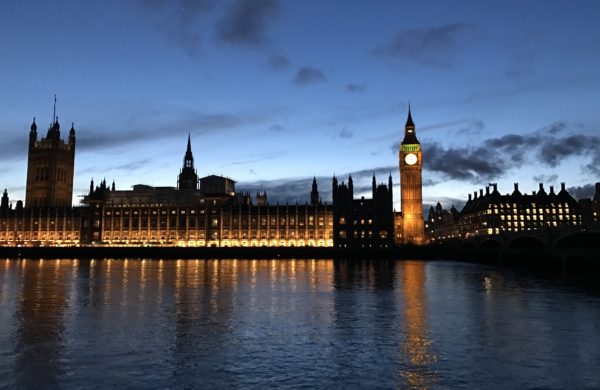
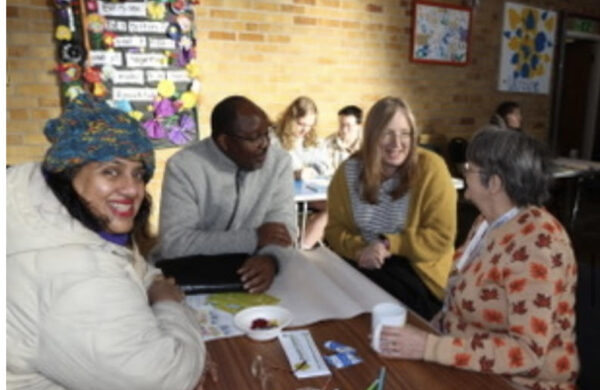
Comments (03)
Comments are closed.